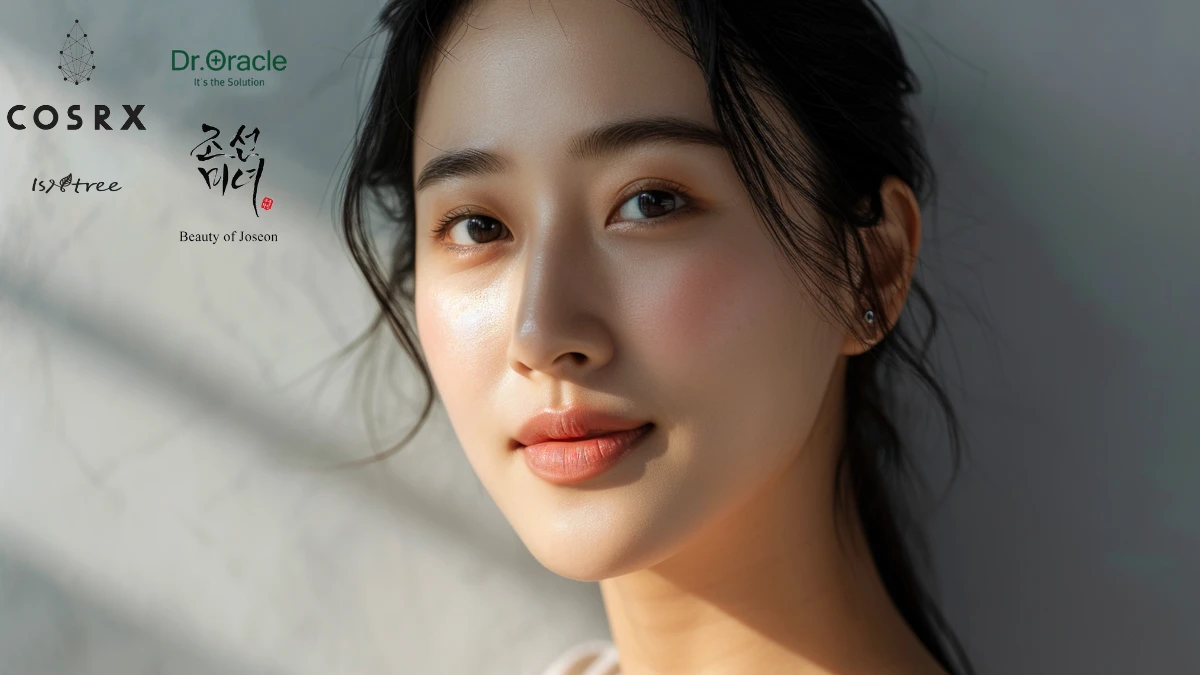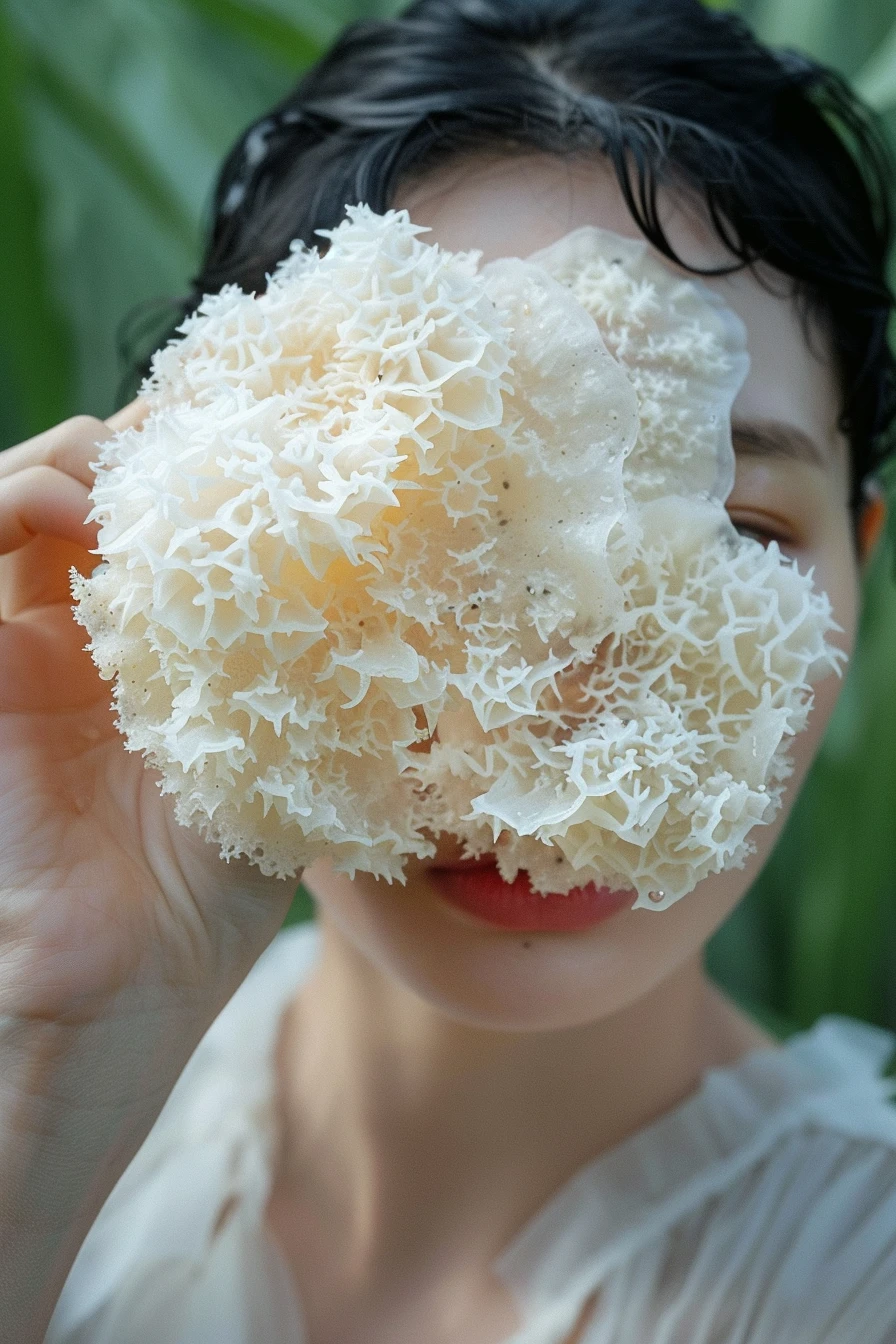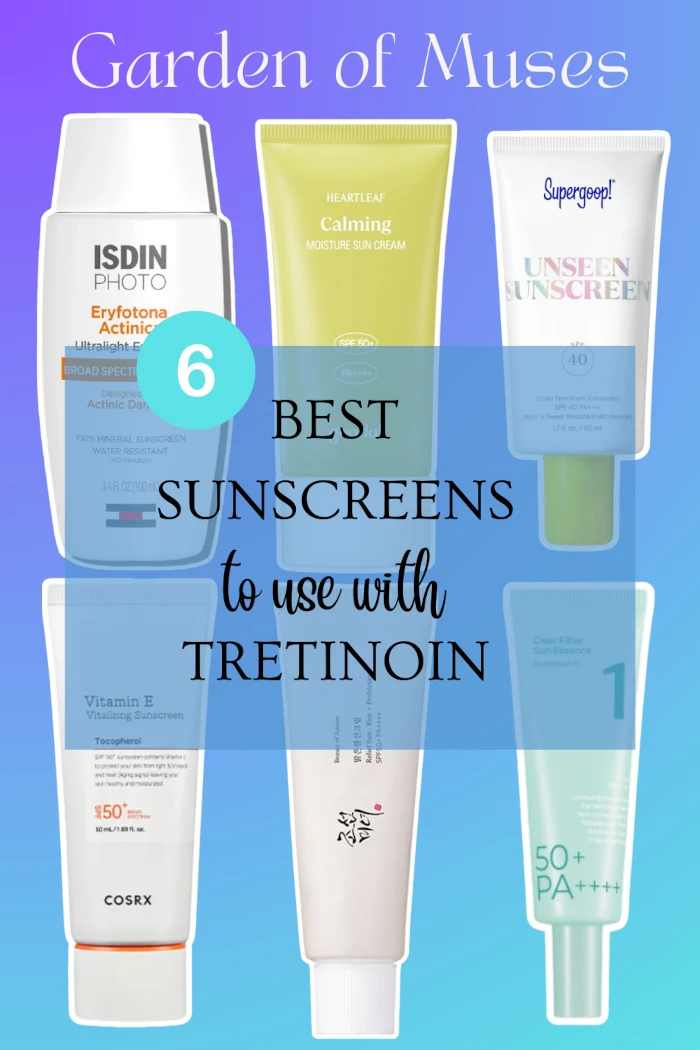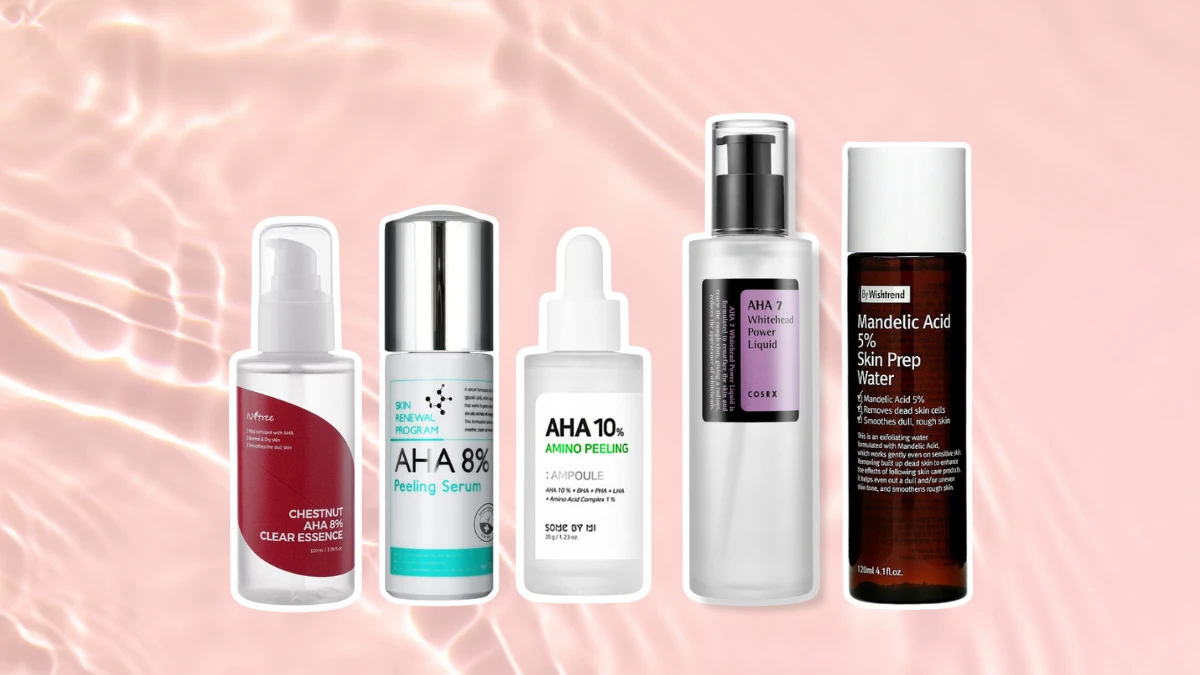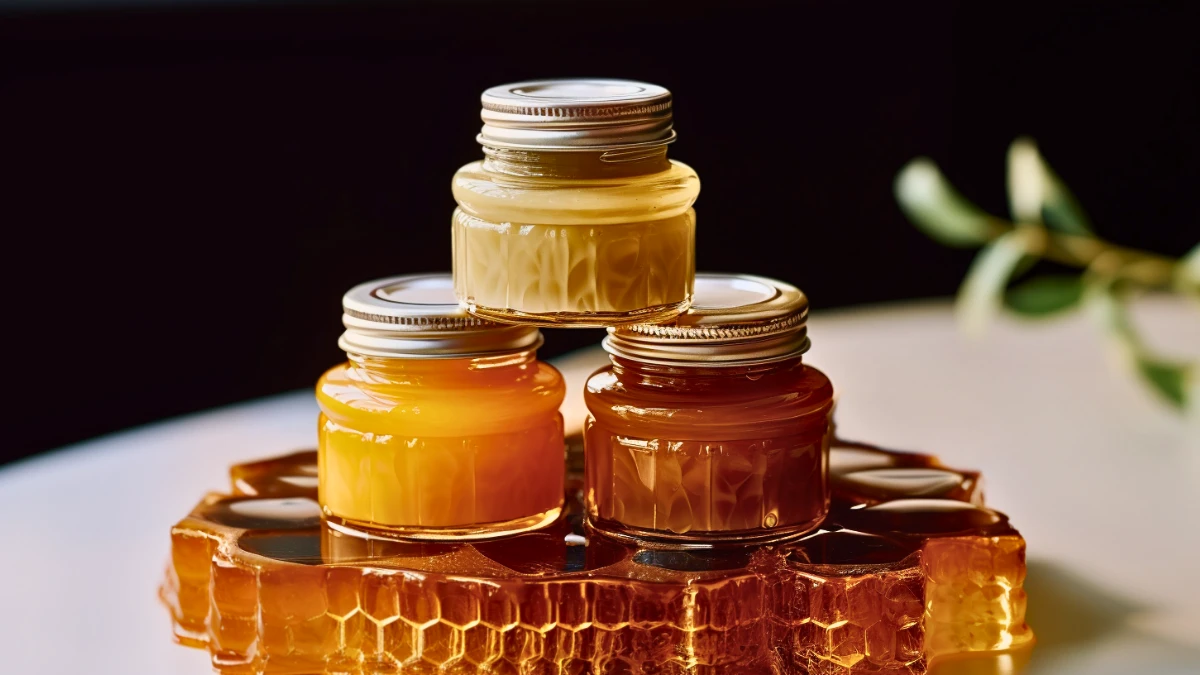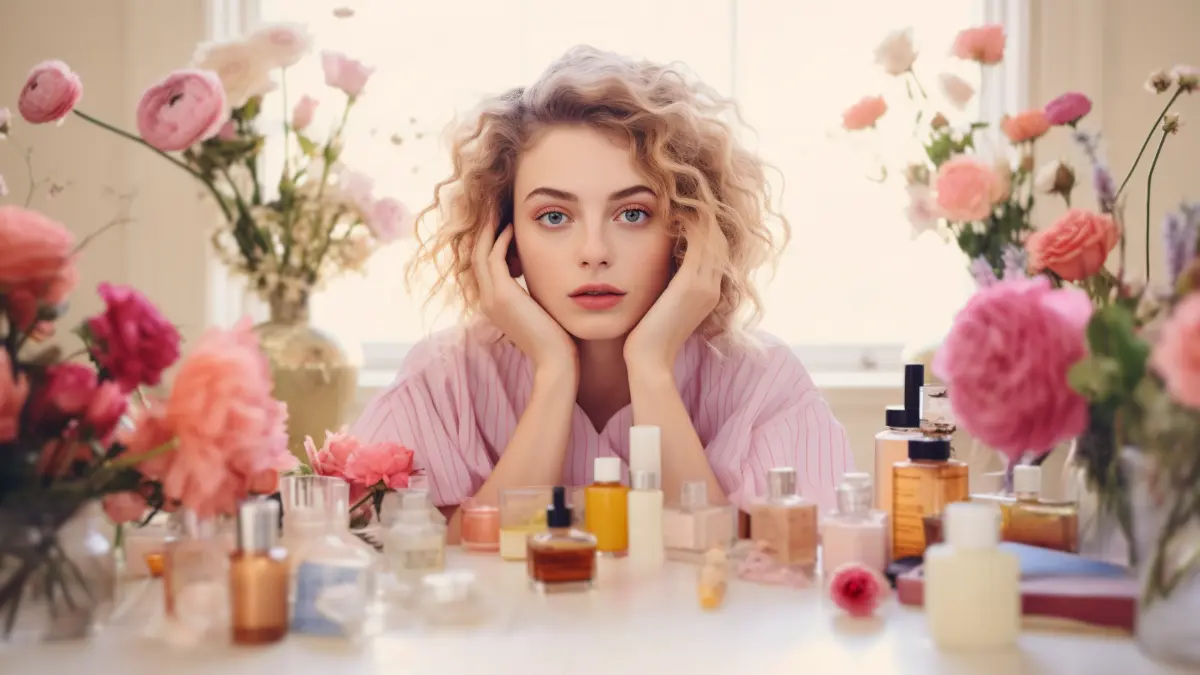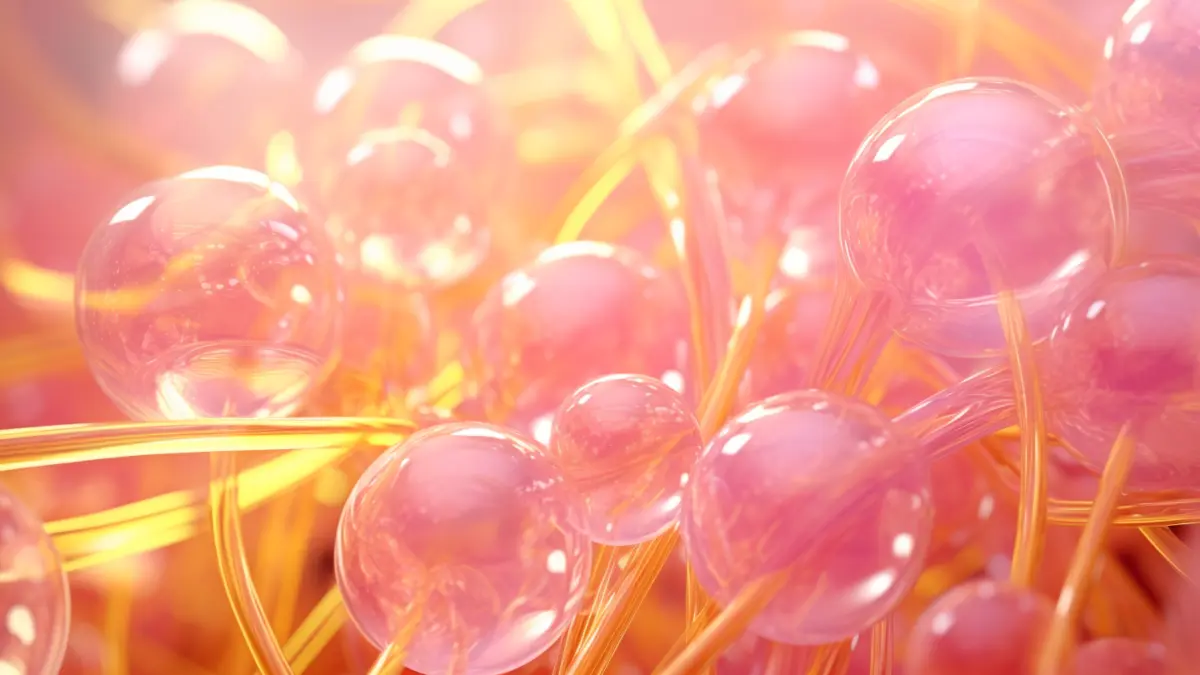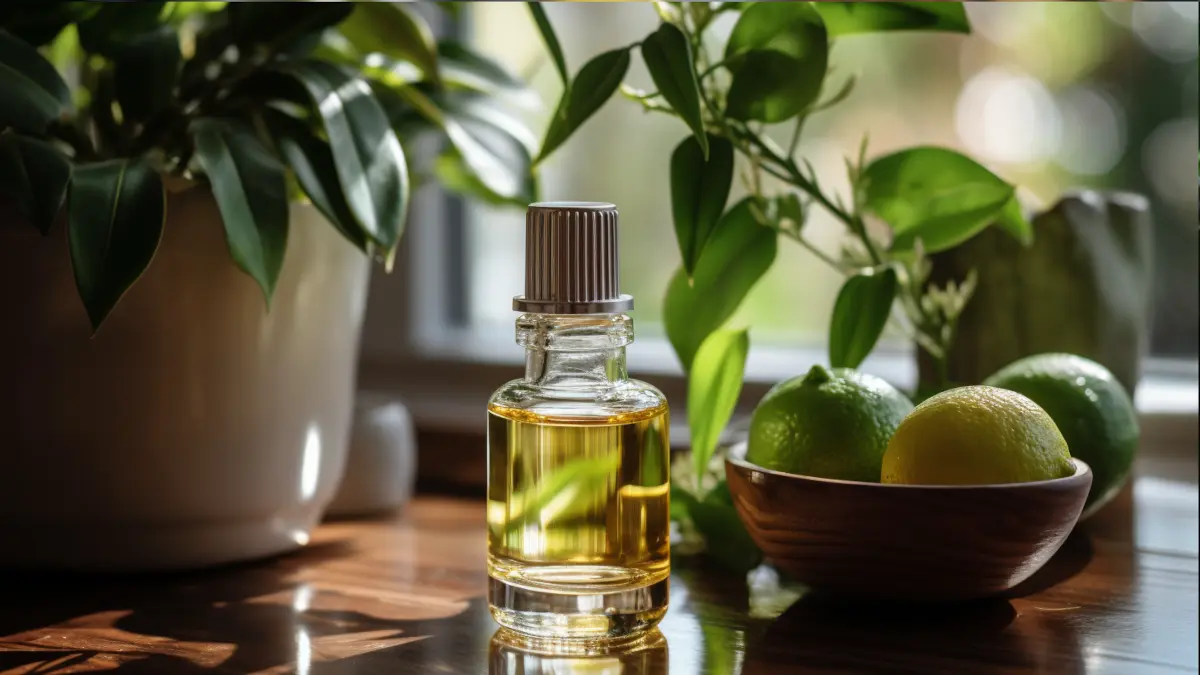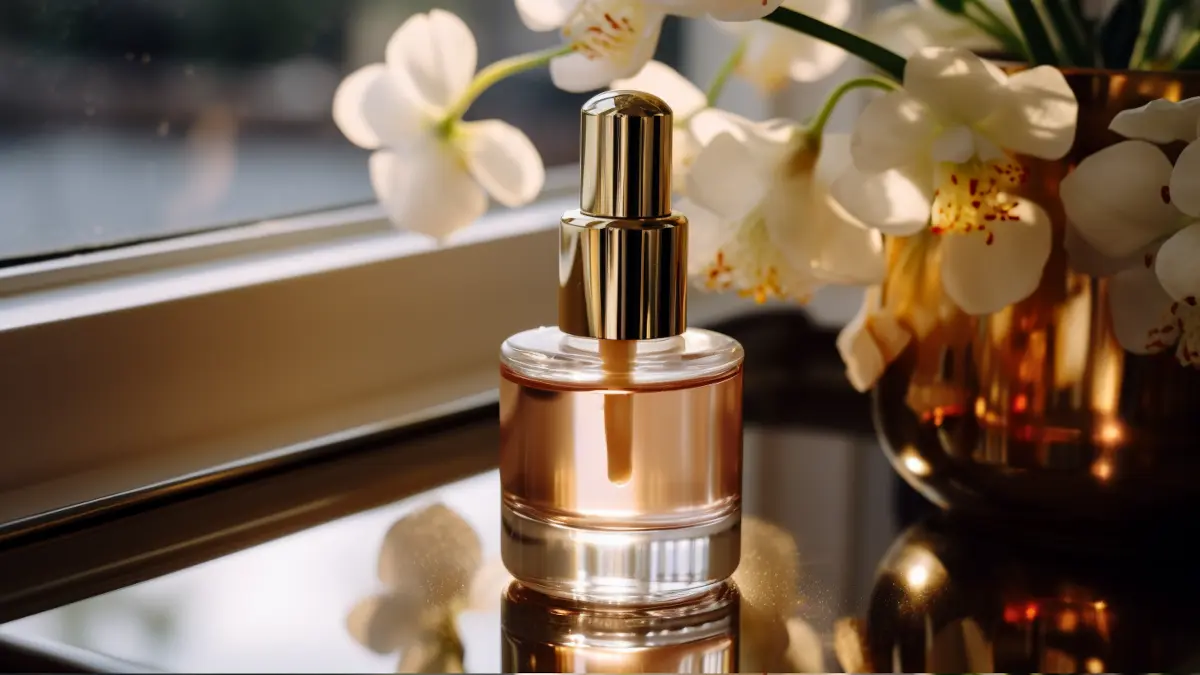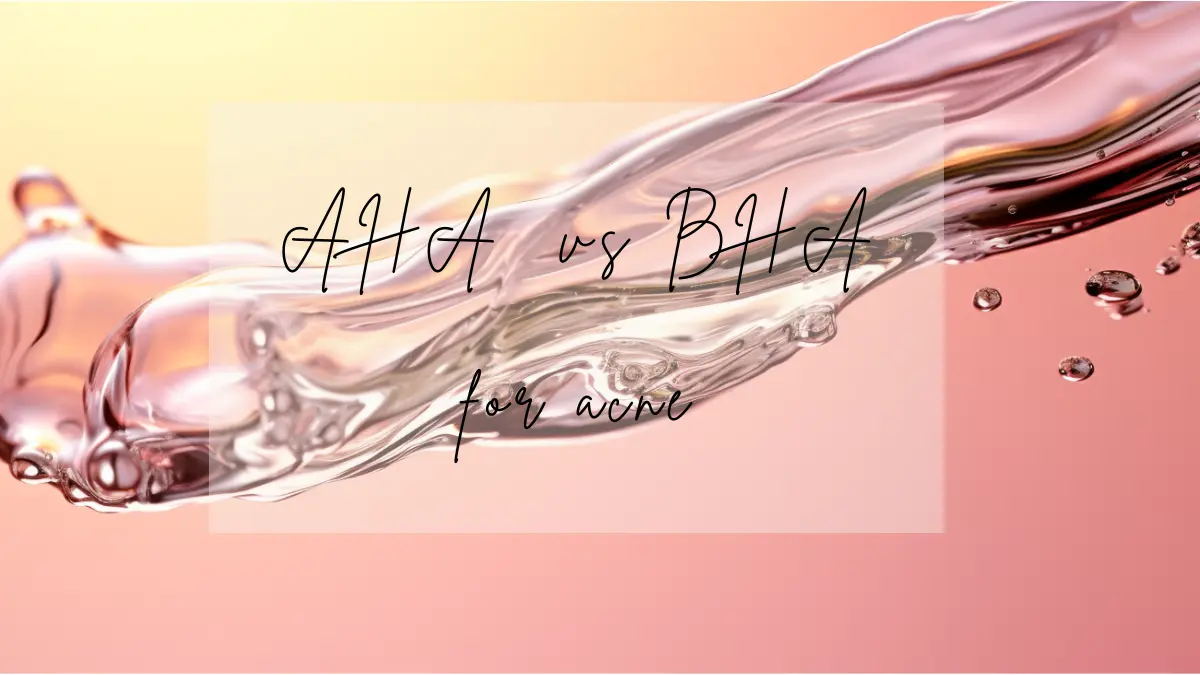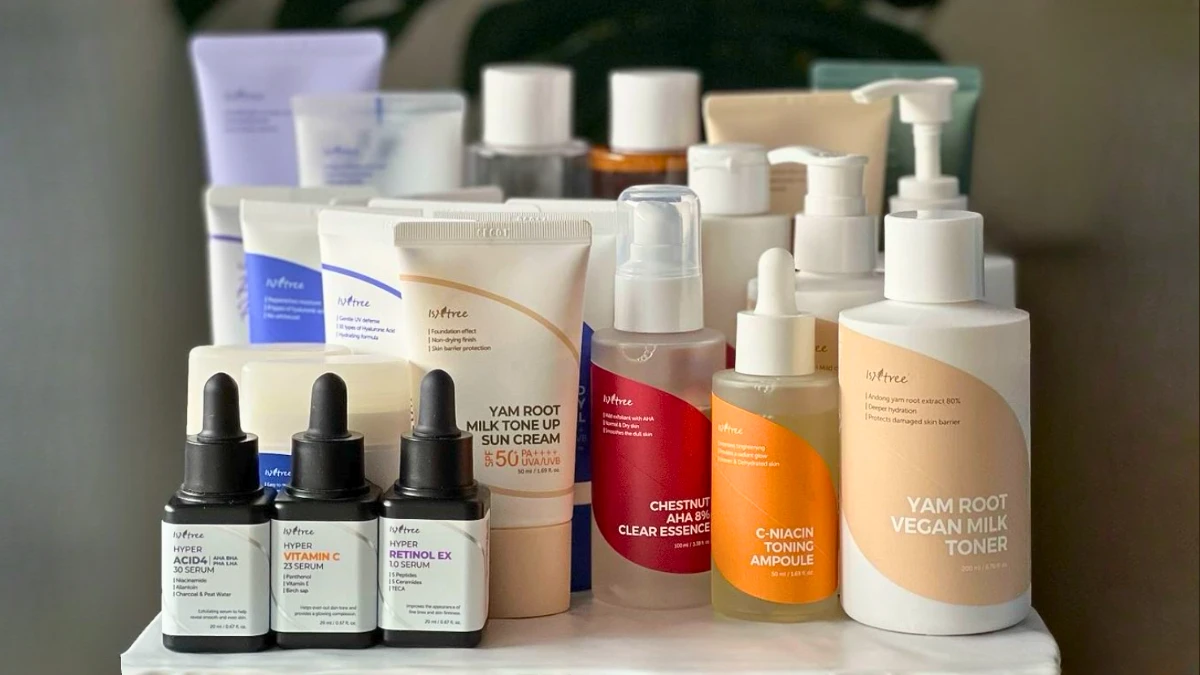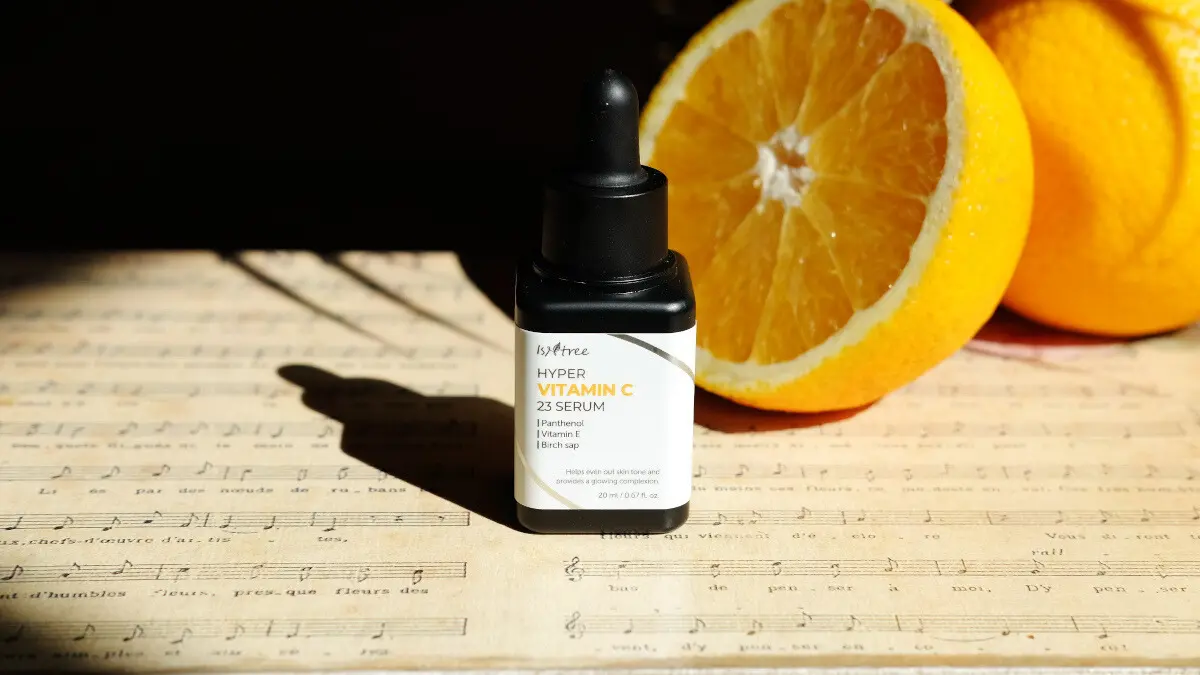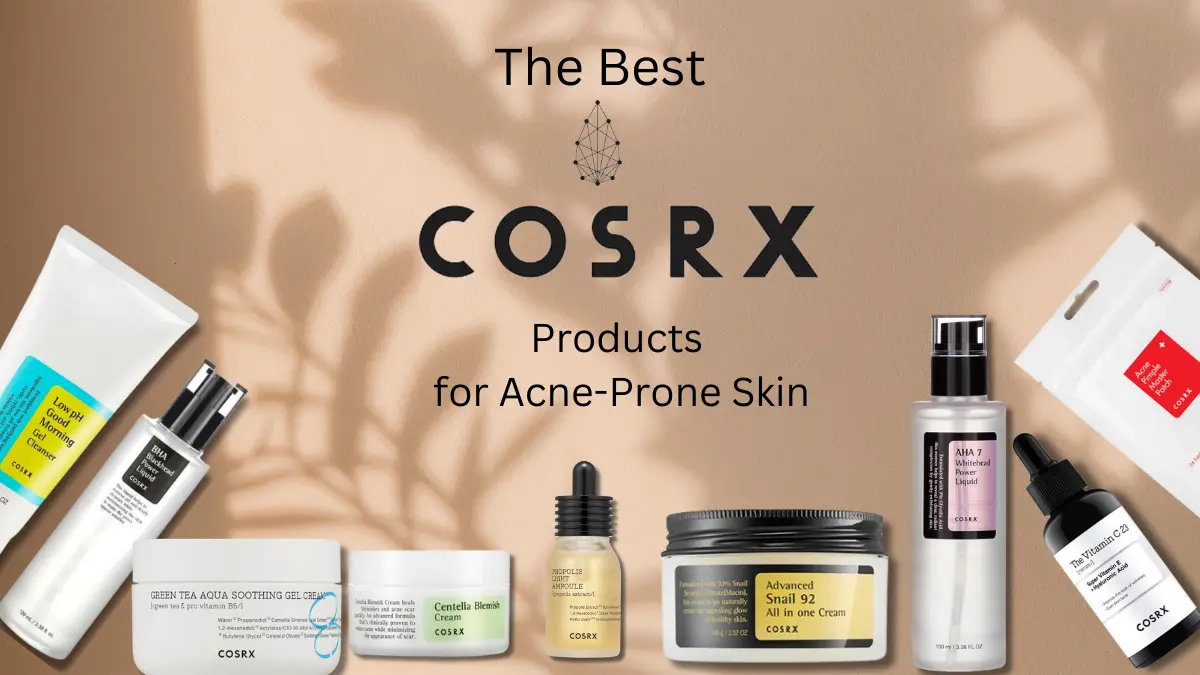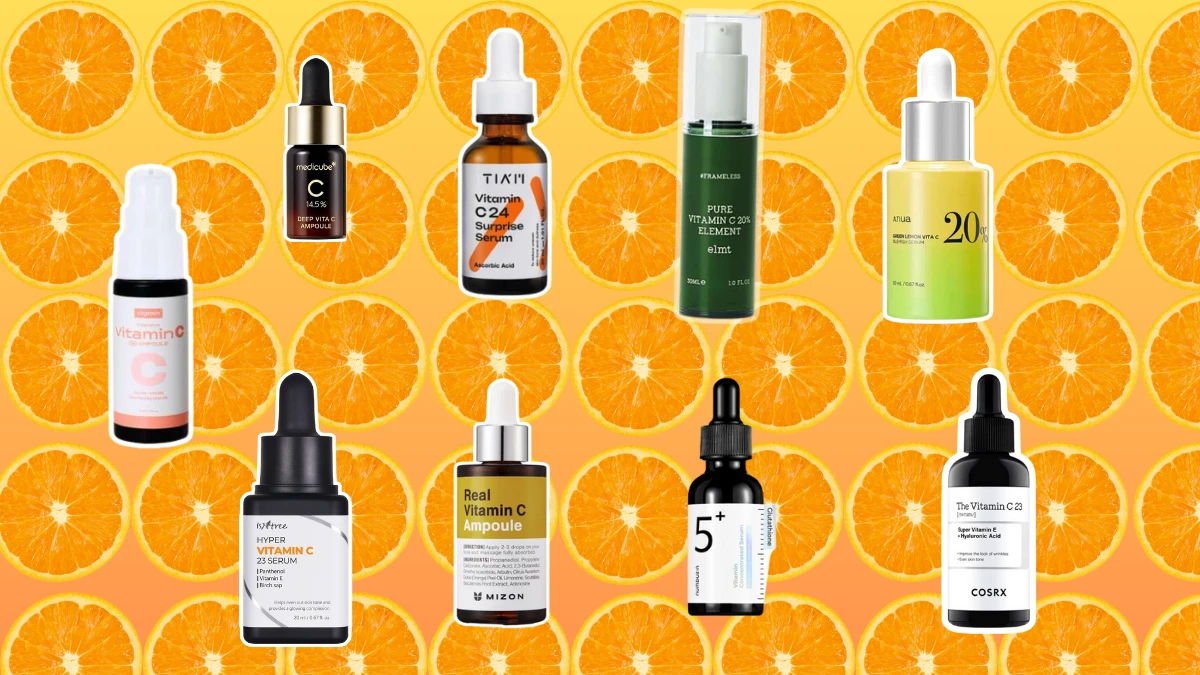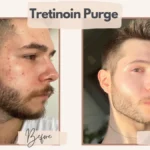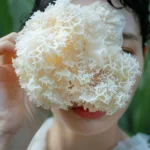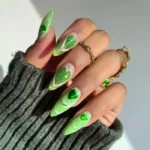Retinol is probably one of the most beneficial ingredients for your skin, and it’s no wonder everyone seems eager to incorporate some form of retinoid into their skincare routine! Retinol has powerful well-aging properties and can fade hyperpigmentation and fight acne. Research also suggests retinol is the most effective ingredient for fading fine lines and wrinkles.
For quite some time, tracking down Korean Retinol Skincare products was harder. Thankfully, more and more K-beauty brands are making the miracle ingredient accessible. A host of Korean skincare products — even entire lines — boast retinol as part of their DNA. We’ve gathered the best serums, ampoules, oils, and even retinol toner pads formulated for all skin types, which means there’s no excuse for skipping this dermatologist favorite in your routine.
[Editor’s note: Retinol shouldn’t be used by those who are pregnant, considering getting pregnant, or nursing. Please consult with your doctor before use.]
The Best Korean Retinol Skincare
What Is Retinol And What Does It Do For Your Skin?
Chances are, you’ve heard about retinol – A LOT. You know it’s king when it comes to well-aging ingredients. But what is it, exactly?
Retinol is a vitamin A derivative and belongs to a class of compounds known as retinoids (which also includes retinal/retinaldehyde and retinoic acid).
Retinol has some pretty significant benefits for the skin, with the three main ones being:
- It increases your skin’s cell turnover rate, which means dead skin cells are removed faster, revealing new skin cells and making it the ideal ingredient for fading sun spots and other forms of hyperpigmentation.
- It increases collagen production, which helps slow the formation of fine lines and wrinkles.
- The ability to decrease oil production and retinol’s ability to speed up the process of skin cell turnover make it the perfect ingredient for fighting acne.
Second to daily sunscreen with an SPF of 30 or greater, a retinoid is the most important part of any skincare regimen.
Regular use of a topical retinoid can provide long-term benefits for the skin, including decreasing acne breakouts, reducing the appearance of pores, evening out pigmentation, reducing fine lines, and improving the skin’s overall texture.
Dr. Jeanette M. Black, a board-certified dermatologist at Skin Care & Laser Physicians of Beverly Hills
So, retinol is not only a powerful well-aging ingredient, but it’s also great for preventing acne and fading hyperpigmentation. An interesting fact I learned while researching for this article is that retinol was first marketed as an acne-fighting ingredient. As people started to use retinol for acne-prone skin, its well-aging benefits became apparent (which has since been supported by scientific studies).
Retinoids vs. Retinol
With the ever-expanding lineup of retinoids on the market, choosing one can get confusing. Concentrations and formulations can vary significantly, explaining why certain retinol products are more irritating and effective than others.
Prescription retinoids, such as tretinoin, contain the highest concentrations of the ingredient in the form of retinoic acid. Retinoic acid gets to work the most intensely, which is why prescription retinoids are more powerful (read: faster-acting) than retinol products you’ll find at your local beauty store.
Instead of going to work right away, over-the-counter retinol contains a form of vitamin A that your body must work to convert into retinoic acid. So, when you apply a retinol-infused product you picked up at your local skincare store, you can expect it to work more slowly than a prescription treatment. You may not even start seeing results for issues like fine lines and wrinkles for six months to a year, as the retinol must first fuse with receptors and enzymes in the skin before it can create retinoic acid.
How Do You Choose the Best Korean Retinol?
Dr. Rita Linkner of Spring Street Dermatology in New York says it’s important to remember that consistency is vital when it comes to retinol. Unfortunately, consistency can be difficult when retinol increases flakiness, redness, and peeling as your skin gets used to it — an ordinary side effect of retinol.
Retinol should be moisturizing enough to be used seven days a week, 365 days a year. The more hydrating the formula, the more likely patients are to be compliant with its use.
Rita V. Linkner, MD, FAAD of RVL Skincare New York
Though slower-working, there are a few reasons first-time users might want to start with an OTC retinol instead of dashing to their derm for a script. “[OTC] retinol has come to the forefront for two reasons,” says David McDaniel, M.D., a board-certified dermatologist based in Virginia Beach. “They don’t require a trip to the dermatologist or a prescription; depending on the formulation, retinol can be much less drying than pharmaceutical-grade retinoids.”
Dryness is one of the most common side effects of starting a retinol routine, along with redness, flakiness, and sun sensitivity. This can be intimidating to first-time users, but using the ingredient conservatively — or turning to gentler formulations — can help. Many skincare brands have attempted to mitigate these side effects by combining retinol with other beneficial, often soothing ingredients. Some brands also offer retinol in tiered concentrations, ranging from 0.25 percent to two percent so you can work your way up (more on this later!)
Best Korean Retinol Skincare Products
1. COSRX The Retinol 0.1 Cream
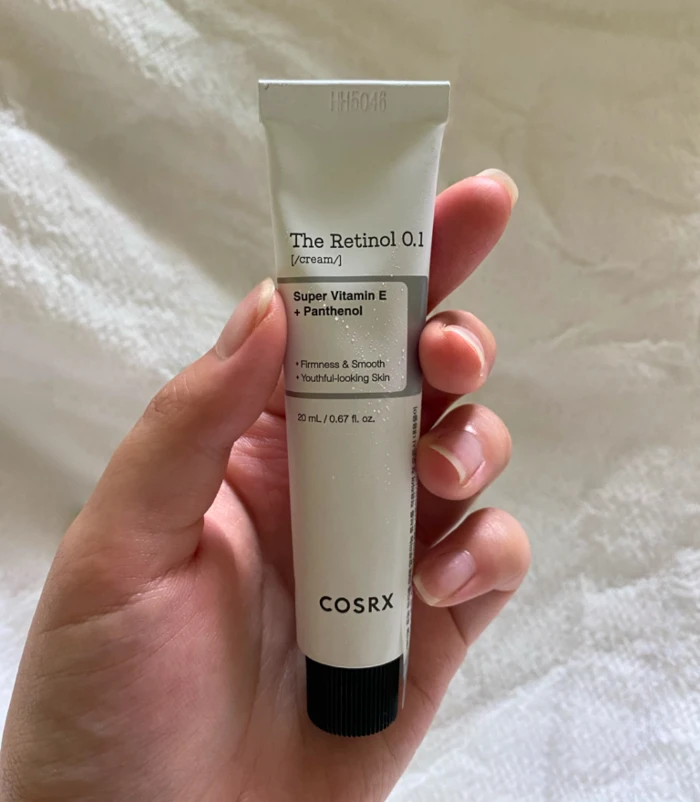
COSRX The Retinol 0.1 Cream is a nice retinol for beginners. It has a low concentration of retinol, making it a good option for those with sensitive skin or who have never tried retinol before.
It is a gentle, moisturizing cream, and I like its lightweight, soothing consistency. It absorbs fast, and a little goes a long way.
Blended with retinol are three types of Vitamin E, an antioxidant powerhouse, COSRX The Retinol 0.1 Cream has several humectants, such as glycerin, panthenol, and also three types of hyaluronic acid. Also, panthenol and allantoin will help calm your skin.
I also love the COSRX The Retinol 0.1 Cream for its antioxidant benefits. In addition to containing retinol, the formula is packed with L-Ascorbic Acid (LAA) and a vitamin C derivative (3-0-Ethyl Ascorbic Acid), which brighten the skin. Unlike many products containing vitamin C, this one should be applied at night before moisturizer, as retinol can degrade when exposed to sunlight.
If you’re new to the retinol game, start with a pea-sized amount every other night and then increase use as your skin acclimates.
If you have super dry, sensitive skin, use this retinol using the sandwich method (moisturizer-retinol-moisturizer), which reduces the risk of irritation.
Pros:
- Good for sensitive skin
- Full of antioxidants
Cons:
- Small size (0.67 fl. oz.)
COSRX The Retinol 0.1 Cream Ingredients List (last checked [current_year])
Water, Caprylic/Capric Triglyceride, Propanediol, Glycerin, Tocopheryl Acetate, Cetearyl Alcohol, Trehalose, Panthenol, Butyrospermum Parkii (Shea) Butter, Glyone Soja (Soybean) Oil, Ammonium Acryloyldimethyltaurate/VP Copolymer, Dimethicone, Glyceryl Polymethacrylate, Helianthus Annuus (Sunflower) Seed Oil, Polyglyceryl-10 Stearate, Hydrogenated Lecithin, Hydroxyethyl Acrylate/Sodium Acryloyldimethyl Taurate Copolymer, Carbomer, Tromethamine, Glyceryl Stearate, Polysilicone-11, Sodium Sulfite, Tocopherol, Daucus Carota Sativa (Carrot) Root Extract, Retinol, Allantoin, Glyceryl Caprylate, Oryza Sativa (Rice) Bran Wax, Tocotrienols, Stearic Acid, Polyglyceryl-3 Methylglucose Distearate, Palmitic Acid, Disodium EDTA, Ethylhexylglycerin, Adenosine, Sorbitan Eostearate, Elads Guineensis (Palm) Oil, BHT, Beta-Carotene, Myristic Acid, Lauric Acid, Ascorbic Acid, Mmnanthes Alba (Meadowfoam) Seed Oil, 3-0-Ethyl Ascorbic Acid, Glutathione, Sodium Hyaluronate, 1,2-Hexanediol, Hydrolyzed Hyaluronic Acid, Sodium Hyaluronate Crosspolymer, Hyaluronic Acid, Sodium Acetylated Hyaluronate.
Active Humectant/Moisturizer Herb
2. COSRX The Retinol 0.5 Oil
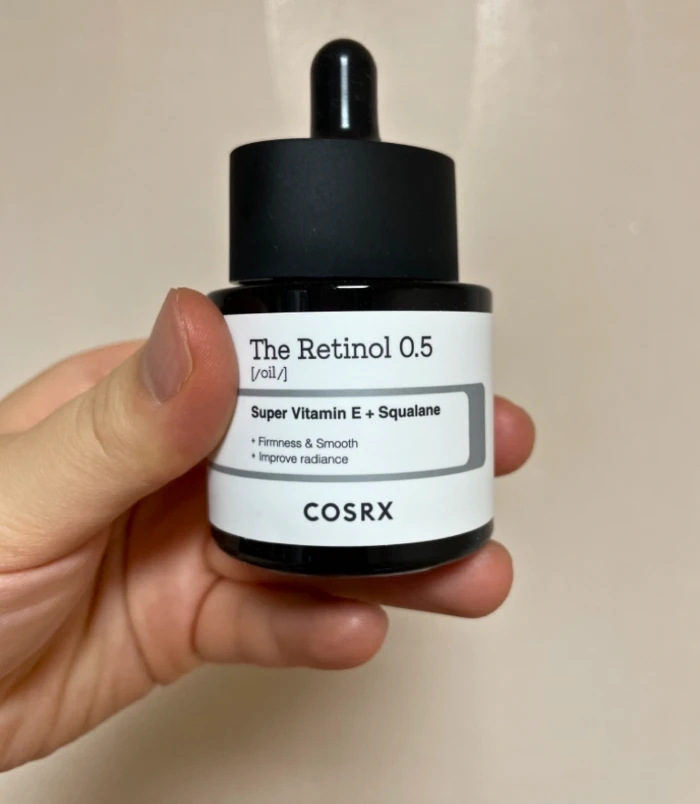
COSRX has set skincare lovers abuzz, and it turns out that derms also love the brand. The brand has great products sold at unbeatable prices.
I particularly love the COSRX The Retinol 0.5 Oil. Vegan and cruelty-free, this retinol oil is an excellent complement to any skincare regimen. It is best for more advanced users as it’s a medium-strength retinol product, making it ideal for those looking to advance from a lesser concentration to something stronger. It has five times more retinol than the COSRX The Retinol 0.1 Cream.
It also serves as an excellent intermediary product before dipping into prescription-strength retinoic acid (with your doctor’s guidance).
Like most oils, it should be applied as the last step of your nighttime routine. In addition to retinol, the product is also laced with squalane, a skin-softening superhero.
Pros:
- More potent retinol
- Skin softening
- fragrance-free, essential oil-free
Cons:
- Possibly not suitable for acne-prone skin
COSRX The Retinol 0.5 Oil Ingredients List (last checked [current_year])
Squalane, Glycine Soja (Soybean) Oil, Di-C12-13 Alkyl Malate, Retinol, Caprylic/Capric Triglyceride, BHT, Tocotrienols, Tocopherol, Elaeis Guineensis (Palm) Oil, Hydroxymethoxyphenyl Decanone
Active Humectant/Moisturizer Herb Emollient
3. Dr. Oracle Retinotightening Ampoule
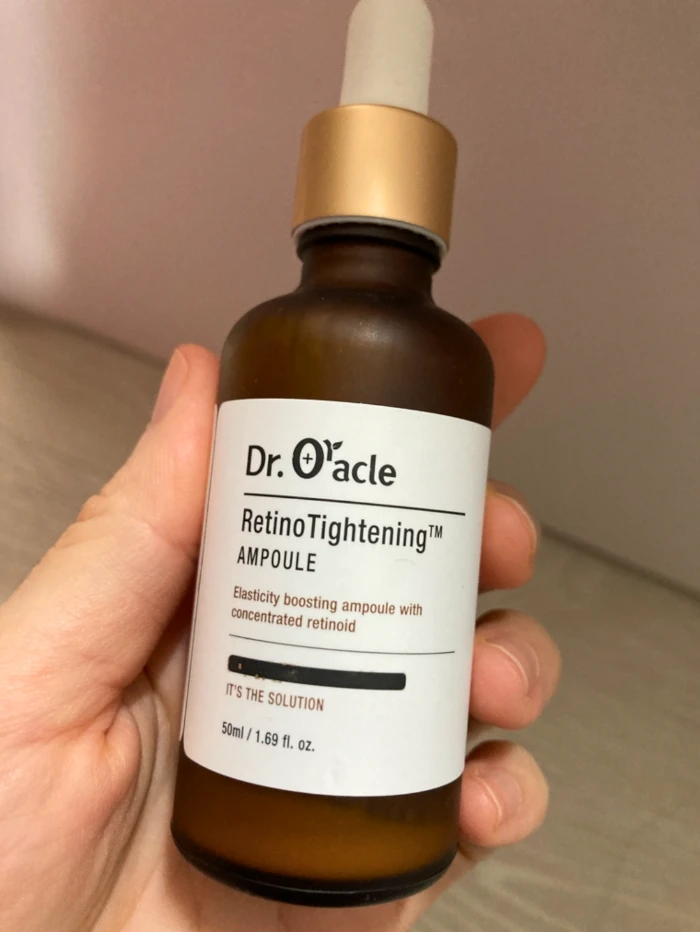
Dr. Oracle Retinotightening Ampoule is a Hydroxypinacolone Retinoate (1,000 ppm) ampoule. What does that mean? Hydroxypinacolone Retinoate (HPR) is a new retinoid derivative with a trade name you might have heard of: Granactive Retinoid. 1,000 ppm part refers to its potency, meaning it is 0.1%.
This new type of retinoid is as powerful as prescribed retinoids without the unwanted side effects such as flaking, skin irritation and redness. Also, unlike retinol, HPR does not require conversion to work its retinoid-like effects, therefore it is a most desired derivative.
Dr. Oracle Retinotightening Ampoule also contains licorice root extract, a natural hydroquinone alternative, and can help reduce hyperpigmentation.
Pros:
- Potent new-generation retinoid
- Less irritating than prescription-grade retinoids
- Full of antioxidants
Cons:
- Contains fragrance
Dr. Oracle Retinotightening Ampoule Ingredients List (last checked [current_year])
Water, Butylene Glycol, Hydrogenated Poly(C6-14 Olefin), 1,2-Hexanediol, Niacinamide, Cetyl Ethylhexanoate, Pentaerythrityl Tetraethyl hexanoate, Hydroxypinacolone Retinoate (1,000ppm), Adenosine, Panthenol, Allantoin, Sodium Hyaluronate, Hydrolyzed Glycosaminoglycans, Dipotassium Glycyrrhizate, Centella Asiatica Extract, Camellia Sinensis Leaf Extract, Chamomilla Recutita (Matricaria) Flower/Leaf Extract, Hamamelis Virginiana (Witch Hazel) Leaf Extract, Betaine, Tocopherol, Glycerin, Hydrogenated Vegetable Oil, Carbomer, Pantolactone, Ethylhexylglycerin, Glyceryl Stearate, Polyglyceryl-3 Methylglucose Distearate, Stearic Acid, Cetearyl Alcohol, Behenyl Alcohol, Tromethamine, Dimethyl Isosorbide, Disodium EDTA, Dimethicone, Fragrance.
Active Humectant/Moisturizer Herb Brightening
4. Beauty of Joseon Revive Eye Serum
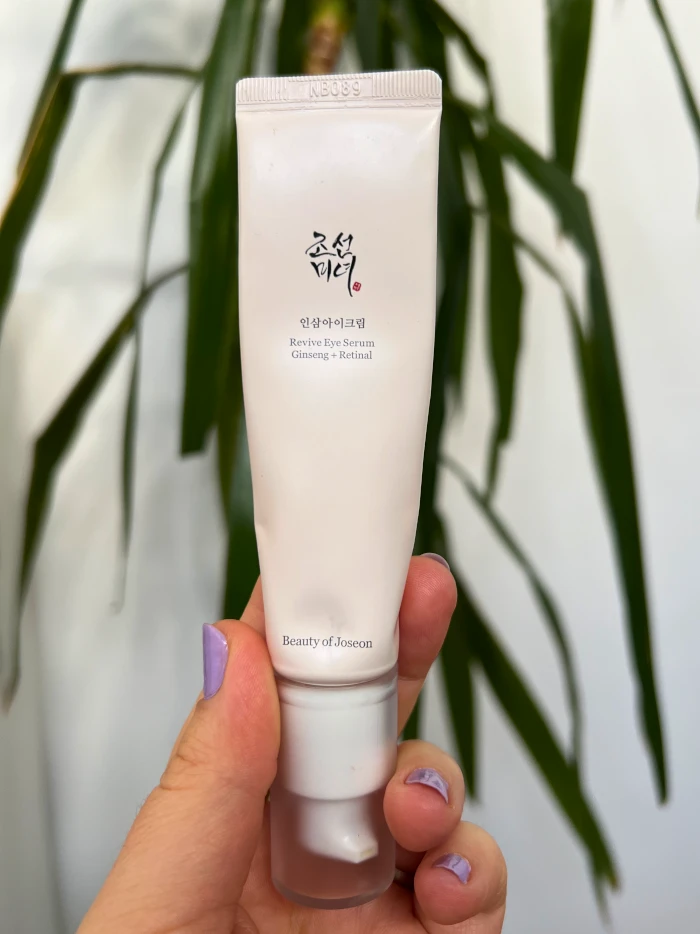
The Beauty of Joseon brand is one of the most salient Korean skincare brands, thanks partly to its blend of traditional hanbang with modern skincare ingredients, which come in various vehicles suited for all skin types.
The beauty of Joseon Revive Eye Serum is another top pick, as it is formulated retinal, with one of the most potent retinoids available without a prescription. Additionally, it contains ginseng to help treat hyperpigmentation and soften wrinkles. Additional well-aging ingredients include the niacinamide and adenosine wrinkle-fighting duo and a tripeptide that boosts collagen and improves skin texture.
The Beauty of Joseon Revive Eye Serum offers major moisture with a lightweight formula. It feels refreshing and elegant.
Pros:
- Potent retinoid
- Additional well-aging ingredients
- fragrance-free, essential oil-free
Cons:
- None
Beauty of Joseon Revive Eye Serum Ingredients List (last checked [current_year])
Water, Panax Ginseng Root Extract, Glycerin, Dipropylene Glycol, Caprylic/Capric Triglyceride, 1,2-Hexanediol, Pentaerythrityl Tetraethyl hexanoate, Niacinamide, Butylene glycol Dicaprylate/Dicaprate, Cetearyl Alcohol, Sorbitan Olivate, Cetearyl Olivate, Butylene Glycol, Hydrogenated Lecithin, Tromethamine, Carbomer, Glyceryl Stearate, Macadamia Ternifolia Seed Oil, Adenosine, Theobroma Cacao (Cocoa) Extract, Dextrin, Cholesterol, Polyglyceryl-10 Oleate, Retinal, Brassica Campestris (Rapeseed) Sterols, Phytosteryl/Behenyl/Octyldodecyl Lauroyl Glutamate, Silica, Sodium Hyaluronate, Tocopherol, Aluminum/Magnesium Hydroxide Stearate, Potassium Cetyl Phosphate, Pentaerythrityl Tetra-Di-T-Butyl Hydroxyhydrocinnamate, Ceramide NP, Palmitoyl Tripeptide-5, Disodium EDTA, Ethylhexylglycerin
Active Humectant/Moisturizer Herb
5. Isntree Hyper Retinol EX 1.0 Serum
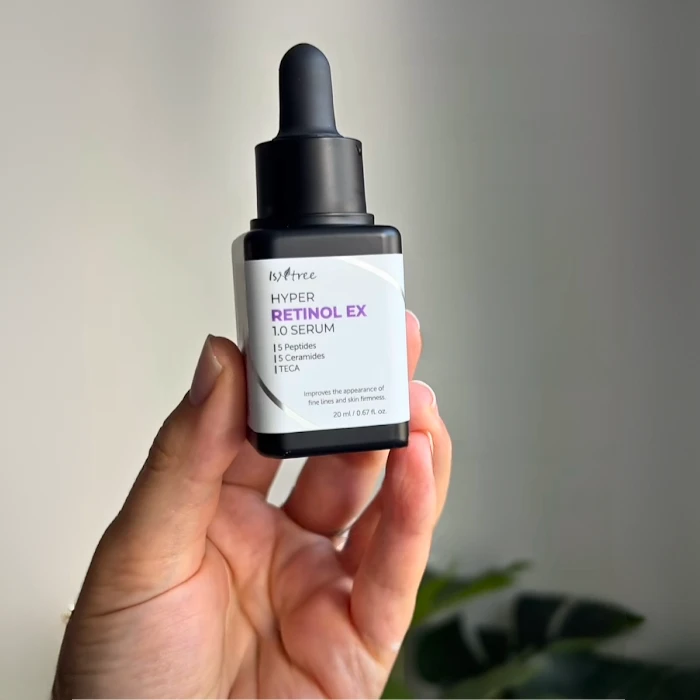
Isntree Hyper Retinol EX 1.0 Serum is another good option for sensitive and dry skin types. Not only is the formula fragrance-free and hypoallergenic, but it also contains barrier-supporting ceramides to strengthen and repair fragile skin.
It contains antioxidant powerhouses like ferulic acid, bakuchiol, and vitamin E blended with two types of retinoids and a combination of peptides.
It is ideal for brightening skin discoloration from sun damage and improving fine lines and skin texture.
Pros:
- Two types of retinoids
- Bakuchiol
- Good for sensitive skin
- Full of antioxidants
- fragrance-free
Cons:
- None
Isntree Hyper Retinol EX 1.0 Serum Ingredients List (last checked [current_year])
Water, Butylene Glycol, Glycerin, Niacinamide, Dibutyl Adipate, Caprylic/Capric Triglyceride, Bakuchiol (0.6%), Ammonium Acryloyldimethyltaurate/VP Copolymer, 1,2-Hexanediol, Hydrogenated Lecithin, Betaine, Hydroxyacetophenone, Retinyl Palmitate (0.3%), Sodium Stearoyl Glutamate, Tocopherol, Retinol (0.1%), Allantoin, Panthenol, Polysorbate 20, Adenosine, Cetearyl Alcohol, Disodium EDTA, Stearic Acid, Dipropylene Glycol, Hydroxypropyl Cyclodextrin, Polydextrose, Ceramide NP, Asiaticoside, Madecassic Acid, Asiatic Acid, Ceramide NS, Cholesterol, Phytosphingosine, Ferulic Acid, Ceramide AS, Ceramide AP, Copper Tripeptide-1, Acetyl Hexapeptide-8, Palmitoyl Pentapeptide-4, Palmitoyl Tetrapeptide-7, Palmitoyl Tripeptide-1, Ceramide EOP.
Active Humectant/Moisturizer Herb
Why Korean Skincare Used to Shy Away from Retinol
Retinol is a powerful skincare ingredient that can benefit many different skin concerns. But have you noticed that retinol used to be scarce in Korean skincare products?
Retinoids are no strangers to well-aging skincare formulas and products, but until recently, they have been known to come at the price of skin irritation. Their biochemical properties can make them very potent, well-aging ingredients that can help to improve the appearance of lines, wrinkles, and uneven skin texture. However, retinoids may be most effective when combined with the right blend of compatible ingredients.
Additionally, there are many cases of adverse effects related to the use of tretinoin and retinol, including skin irritation and dermatitis. While retinol may produce fewer occurrences of skin irritation than tretinoin, this ingredient may be as much as 20 times less potent, thus leading to less efficacy.
Until recently, Korean skincare products used to avoid using retinol as Korean skincare tends to avoid harsh ingredients while focusing on providing the skin with hydration and nourishment instead.
Korean skincare used to be more about preventing hyperpigmentation or aging of the skin by wearing sunscreen, exfoliating, and keeping the skin hydrated. The industry prefers other product formulations, such as niacinamide, snail mucin, and licorice root extract. Thankfully, more and more Korean brands are including the miracle ingredient in their formulations.
Related: The Ultimate Guide on Snail Mucin Benefits
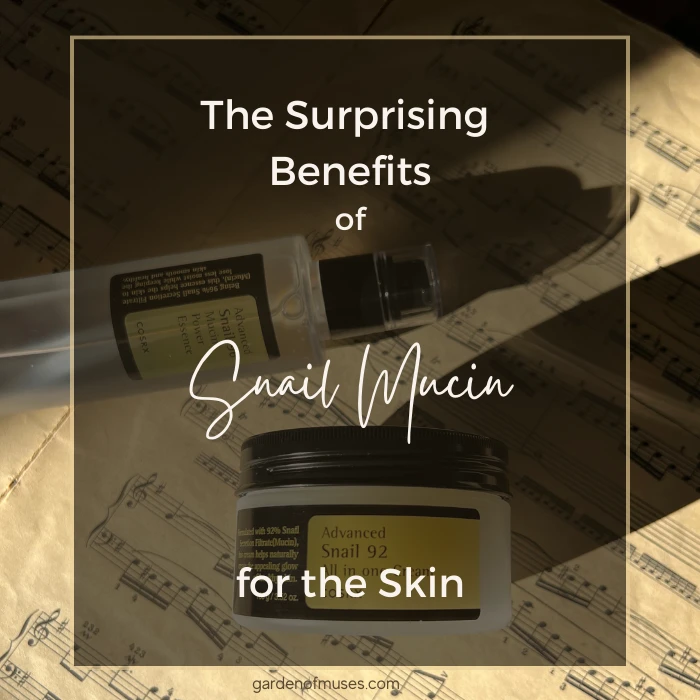
Whereas in the Western world, we tend to neglect our skin a lot more until the signs of aging or hyperpigmentation are already there (I didn’t wear sunscreen until I was 27) – which means we often need to turn to the strongest (and often more irritating) ingredients for help.
To the delight of dermatologists and consumers alike, products formulated with retinol as the hero ingredient seem to increase exponentially on store shelves. We’ve got buttery balms, luxe oils, silky serums, and countless treatments formulated for all skin types, which means there’s no excuse for skipping this dermatologist favorite in your routine.
Some products contain retinyl palmitate (a compound composed of retinol and palmitic acid). Although retinyl palmitate is nowhere near as effective as retinol, it is much less irritating to the skin.
In Korea, ingredients that make up compounds are allowed to be listed separately on product ingredient lists – which means that in this case, we would see retinol and palmitic acid listed as separate ingredients (although they are, in fact, present in the form of retinyl palmitate in the product). Therefore, you may see a direct translation of a Korean ingredients list where retinol and palmitic acid are listed separately (instead of together, as required by law in the United States).
How to Incorporate Retinol into a Korean Skincare Routine?
You absolutely can include a retinol product in your Korean skincare routine!
However, it’s essential to remember that introducing retinol into your regimen (or increasing the potency) will result in an acclimation period that often consists of redness, flaking, sensitivity, and a bit of skin purging.
This shouldn’t prevent you from trying it. Your skin will adjust.
Even if the retinoid seems to produce some irritation when it is first used, the skin will often build up a tolerance and the strength of the retinoid can be increased as the skin builds up healthier cells.
Dr. Nancy Samolitis, a board-certified dermatologist and medical director of Facile Dermatology + Boutique in California
To lessen or avoid common retinoid side effects, first-timers should start with less frequent applications, using the product only two or three nights a week. Additionally, applying it over a thin layer of moisturizer improves tolerability without sacrificing efficacy. Learn more about the “retinoid sandwich” method here.
Unlike other well-aging and skin care ingredients available to consumers, trial-and-error is not an intelligent method to find the retinoid that’s right for you, as it can take months for all of the vitamin A derivative’s benefits to manifest. It’s worth noting that OTC retinol formulas contain different concentrations and percentages of the active ingredient.
Unfortunately, not all formulas list the exact percentage, but some do. Start by seeking lower-strength retinol, like the COSRX The Retinol 0.1 Cream. If your skin can tolerate it, work up to higher strength products like the COSRX The Retinol 0.5 Oil or the one percent retinol Isntree Hyper Retinol EX 1.0 Serum. If you don’t experience much irritation with lower concentrations, you could graduate to a one percent formula, like the Dr. Oracle Retinotightening Ampoule, which offers one of the highest concentrations of retinol you can get without a prescription.
If you use a higher concentration of retinol, it will be more efficient but highly irritable; if you use a lower concentration, it will be less irritating but also less efficient. However, studies have found that over a long time, using low-strength and medium-strength retinol has the same well-aging effects, so it’s just a matter of getting to the endpoint more quickly.
While you can use it in the morning if you choose, it’s best to apply retinol in the evening. That’s because the ingredient tends to break down under UV exposure, which renders it less effective (no sense in throwing your money at the sun). It shouldn’t be paired with other active ingredients, such as AHAs, BHA, and vitamin C. This can cause irritation and extra dryness since your skin can only handle so much goodness at once.
Final Thoughts
Retinol is likely the most potent well-aging ingredient for the skin (with many other benefits, too).
Korean skincare products focused on gentle ingredients that are also beneficial for the skin, such as niacinamide and licorice root extract. This is mainly because retinol is a harsh skincare ingredient that often causes skin irritation (such as peeling, flaking, burning, and redness). Fortunately, Korean skincare products now increasingly include retinol in their formulations.
You can incorporate retinol into your skincare routine, even if you use primarily Korean skincare products. However, as with any active skincare ingredient, you should ease into using retinol slowly to avoid irritating your skin.
Well-aging skincare is a science; knowing which ingredients are best and which may need to be combined with other complementary ingredients is crucial to finding the right well-aging solution for your skin.
Be sure to consult your derm if you have questions about which retinol solution is right for your needs.
Note: retinol can make skin more sensitive to the sun, so it’s vital to use SPF when using this ingredient.
Show Me Proof
- Mukherjee, Siddharth, Abhijit Date, Vandana Patravale, Hans Christian Korting, Alexander Roeder, and Günther Weindl. “Retinoids in the treatment of skin aging: an overview of clinical efficacy and safety.” Clinical interventions in aging 1, no. 4 (2006): 327-348.
- Shao, Yuan, Tianyuan He, Gary J. Fisher, John J. Voorhees, and Taihao Quan. “Molecular basis of retinol anti‐ageing properties in naturally aged human skin in vivo.” International journal of cosmetic science 39, no. 1 (2017): 56-65.
